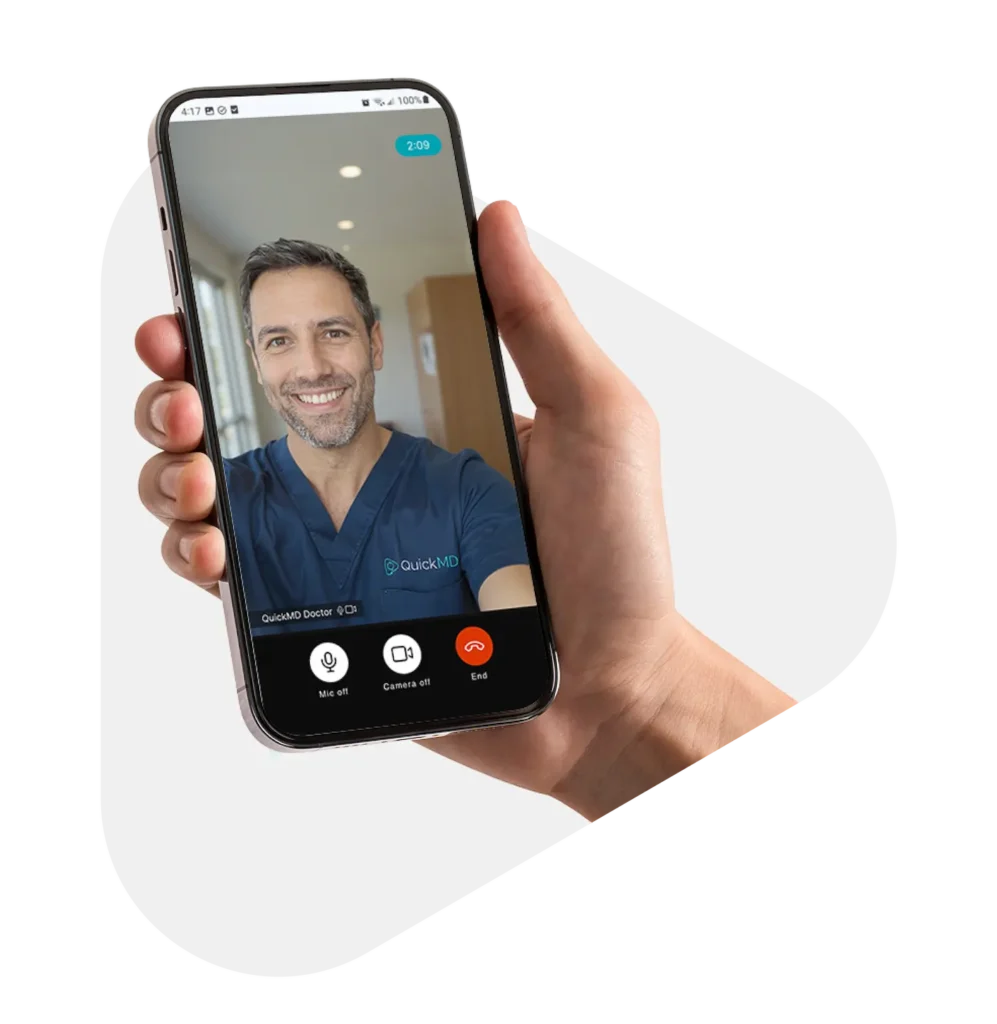Medication-Assisted Treatment in Indiana
QuickMD offers private, judgment-free addiction treatment online in Indiana for substance use disorders, including treatment with Suboxone®.
Book now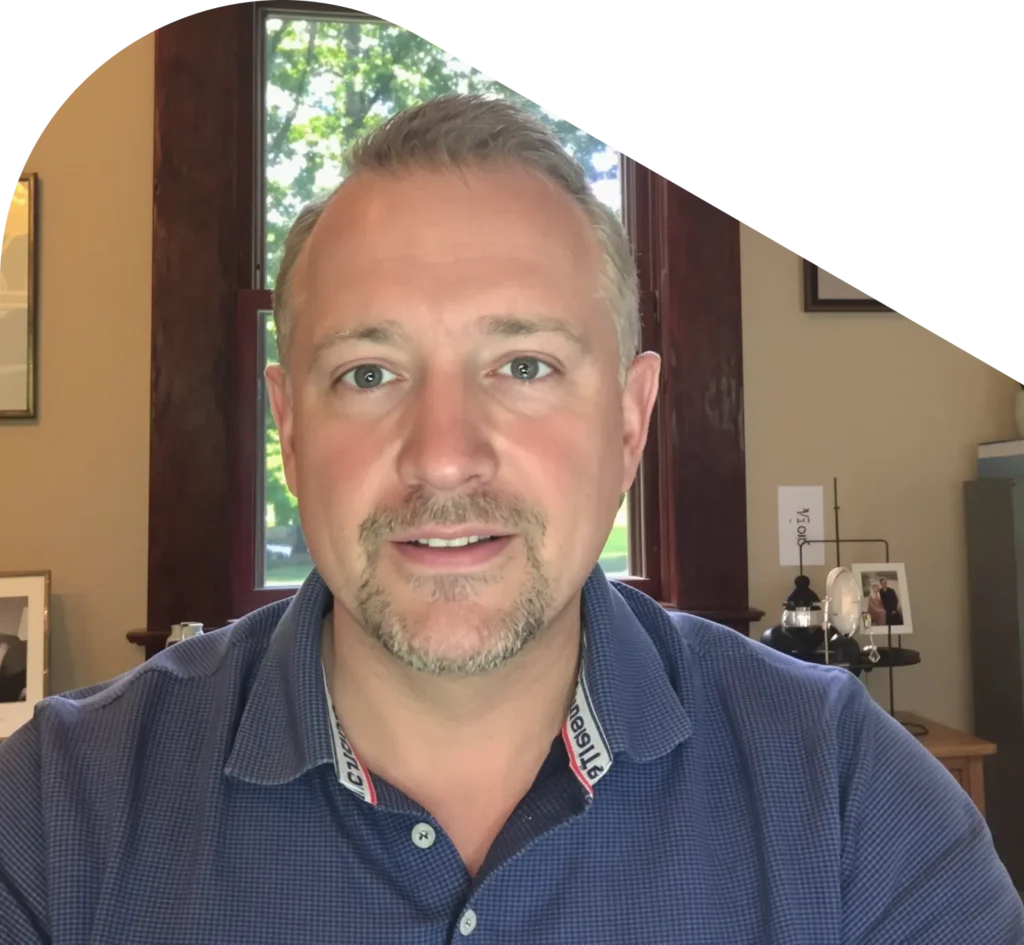
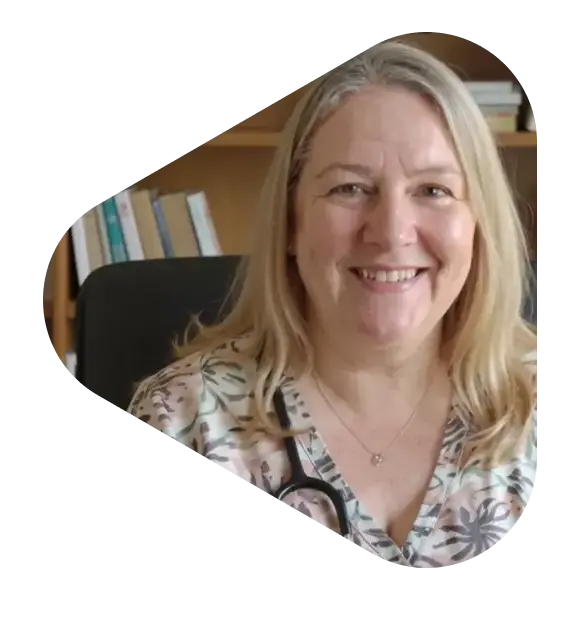
Manage opioid cravings and withdrawal with Suboxone® treatment
Learn about treatment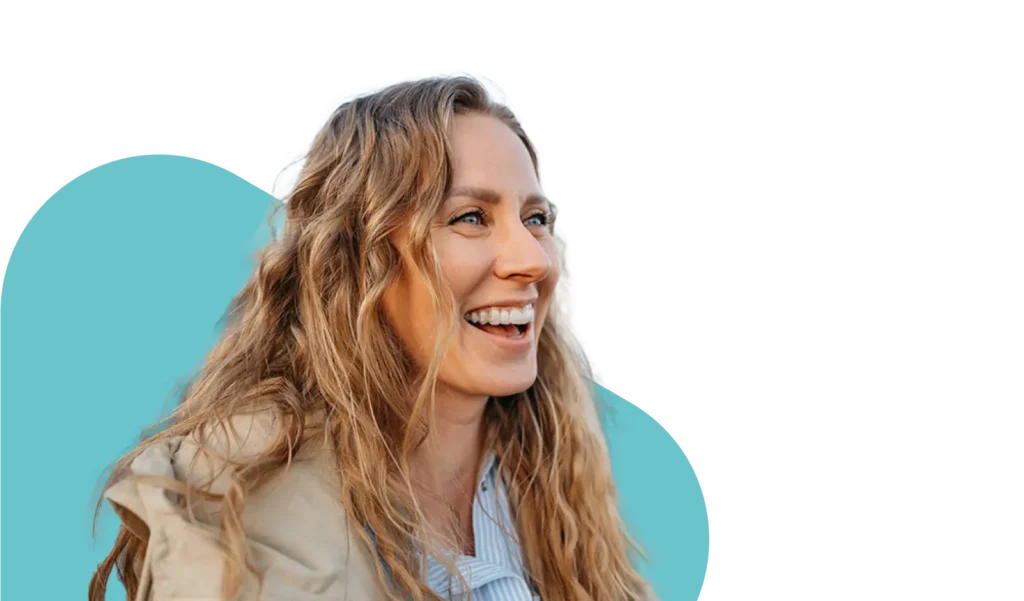
Why choose QuickMD for addiction treatment in Indiana?
Getting care at QuickMD is simple, secure, and accessible. We eliminate the hassle of waiting rooms and insurance. Here’s why thousands of patients trust us for quick, compassionate care:
Same-day
appointments
No insurance
required
Licensed &
certified providers
100% online
appointments
Over 100K+
patients served
Nomemberships
Start treatment with Suboxone® today
At QuickMD, getting your Suboxone® prescription is simple. Schedule a quick phone or video appointment with a licensed provider and we’ll send your prescription directly to your pharmacy.
Why virtual addiction treatment matters in Indiana
In Indiana, addiction doesn’t look the same everywhere, but its impact is felt in every corner of the state. From the farms of Knox County to the neighborhoods of Gary and the river towns along the Ohio, communities across Indiana are grappling with the devastating toll of substance use.
Families are losing loved ones. First responders are overwhelmed. And many Hoosiers who want help still can’t get it.
These painful realities are evident in the data. Between January 2024 and January 2025, over 1,600 people in the state died from opioid overdoses, most involving fentanyl. Although that number is down from the year before, the decline offers little comfort in places like Scott County or parts of rural southern Indiana, where access to treatment is scarce and the crisis continues to ripple through families, schools, and emergency rooms.
And behind every statistic is a real story. Someone’s parent, child, friend, or neighbor. For many, shame and stigma keep them from seeking help. Others are held back by a lack of transportation or nearby providers.
That’s where virtual care is changing accessibility. By connecting people to treatment regardless of where they live, virtual platforms like ours help those who can’t easily access in-person services by bringing care to them.
How access to addiction treatment is improving in Indiana
Indiana has taken significant action to build up its treatment infrastructure. Through the Indiana Family and Social Services Administration (FSSA), new partnerships and grants have helped fund more recovery housing, mobile crisis teams, and integrated care programs.
In fact, Indiana is receiving more than $980 million over 18 years from opioid settlements with pharmaceutical companies and distributors. These funds, governed by Indiana Code §4-6-15, are being distributed to support prevention, treatment, and recovery efforts. In November 2024, the Indiana Commission to Combat Substance Use Disorder issued guidance to help local governments effectively allocate their share of the funds toward addressing substance use disorder in their communities.
Policy change is also accelerating progress. In 2023, Indiana passed Senate Bill 1, a landmark mental health bill that laid the groundwork for a statewide system of crisis response. Senate Bill 1 would boost local implementation of the 988 national suicide and crisis hotline and continue building an infrastructure to provide for the mental health needs of people in the most urgent situations. The legislation would also establish mobile crisis intervention teams trained to respond to mental health emergencies across Indiana’s 92 counties and fund additional community-based mental health clinics statewide.
Separately, Indiana maintains a statewide standing order for naloxone, the medication that reverses opioid overdoses, making it easier for pharmacists and registered community groups to distribute it without a prescription, so more people can carry and use it in an emergency.
Organizations like Overdose Lifeline and the Indiana Recovery Network are also helping communities respond with care instead of judgment. They’re working to make addiction recovery feel more human through education. Their efforts are shifting the conversation from punishment to compassion and helping more people feel seen, understood, and supported on their path to healing.
At QuickMD, our platform’s virtual MAT is another piece of this growing network. By offering MAT from anywhere, we’re helping people start recovery without the barriers that too often get in the way.
QuickMD’s Medication-Assisted Treatment in Indiana
When you start Medication-Assisted Treatment (MAT) with us, you’ll meet with a provider who takes the time to understand your story, including your health, your schedule, and your goals. From there, we’ll work with you to build a care plan tailored to your life.
MAT often includes FDA-approved medications like Suboxone®, which contains buprenorphine and naloxone. These medications help manage withdrawal symptoms, reduce cravings, and lower the risk of overdose, all while allowing you to stay grounded in your daily routine.
Every step of the way, your treatment plan is built to support your recovery, on your terms. Whether you’re working full-time, taking care of family, or navigating housing or transportation challenges, we’re here to help make your care sustainable.
Tips for managing addiction treatment
1. Be honest about your environment
Whether you live in a tight-knit small town or a busy urban neighborhood, your surroundings play a big role in recovery. Talk to your QuickMD provider about any triggers or pressures around you, whether it’s family, work, or local culture, so your care plan can actually support your day-to-day life.
2. Prepare for seasonal challenges
Indiana winters can be isolating, especially in rural areas. If seasonal depression, weather-related transportation issues, or disrupted routines tend to affect you, talk with your provider about ways to adjust your treatment or add support during colder months.
3. Share what’s really going on
Your provider wants to hear about real life, whether that’s work stress, parenting challenges, or other health concerns. This helps us tailor your care in a way that makes sense for you. Treatment shouldn’t feel like a burden. It should be a bridge to better days.
We also offer these services in Indiana
At QuickMD, we’re committed to bringing convenient, affordable, and compassionate virtual care to patients across Indiana. In addition to addiction treatment, we proudly offer:
- Medical Weight Loss
- Urgent Care Services
- Virtual Counseling Sessions

Medical Weight Loss
Our online weight loss treatment helps you explore options like Ozempic® and Mounjaro® with licensed providers, offering support tailored to your health goals.

Urgent Care Services
Get quick, compassionate care for common illnesses online, 7 days a week. Anytime, anywhere.
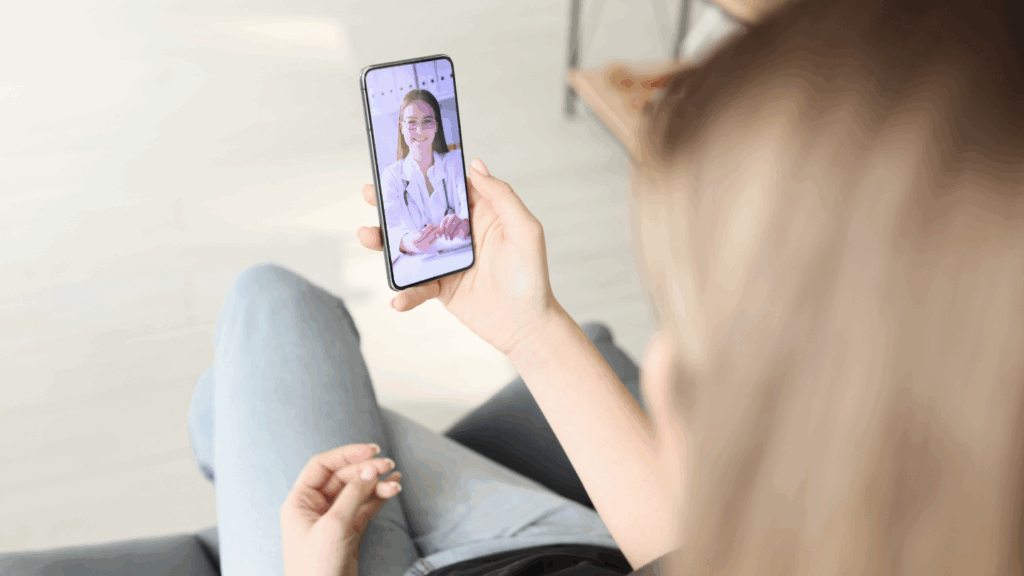
Virtual Counseling Sessions
Talk to licensed providers to support your mental well-being on your terms, when and where you need it.

Medical Weight Loss
Our online weight loss treatment helps you explore options like Ozempic® and Mounjaro® with licensed providers, offering support tailored to your health goals.

Urgent Care Services
Get quick, compassionate care for common illnesses online, 7 days a week. Anytime, anywhere.

Virtual Counseling Sessions
Get quick, compassionate care for common illnesses online, 7 days a week. Anytime, anywhere.
Start treatment with Suboxone® today
At QuickMD, getting your Suboxone® prescription is simple. Schedule a quick phone or video appointment with a licensed provider and we’ll send your prescription directly to your pharmacy.
Frequently asked questions about MAT in Indiana
What is a Hoosier health card used for?
The Hoosier Health Card gives you access to healthcare services covered by Indiana Medicaid. It allows cardholders to access covered healthcare services, such as doctor visits, hospital care, mental health treatment, and prescription medications. It also gives access to addiction treatment, counseling, detox services, and mental health support. Providers also use the card to verify eligibility and bill Medicaid for services.
What medication is used for substance dependence?
It depends on the substance, but common medications include buprenorphine or methadone for opioid dependence, naltrexone for either opioids or alcohol, and nicotine replacement therapy or prescription medications like bupropion for tobacco. These medications help reduce cravings, ease withdrawal, and lower the risk of relapse. They’re often used alongside counseling or support as part of an effective treatment plan.
What is Aaron's Law in Indiana?
Aaron’s Law allows people in Indiana to legally obtain and administer naloxone, the overdose-reversing medication, without a prescription. It also protects individuals from liability when they act in good faith during an overdose emergency. The goal is to save lives and reduce the fear of seeking help during critical moments.


